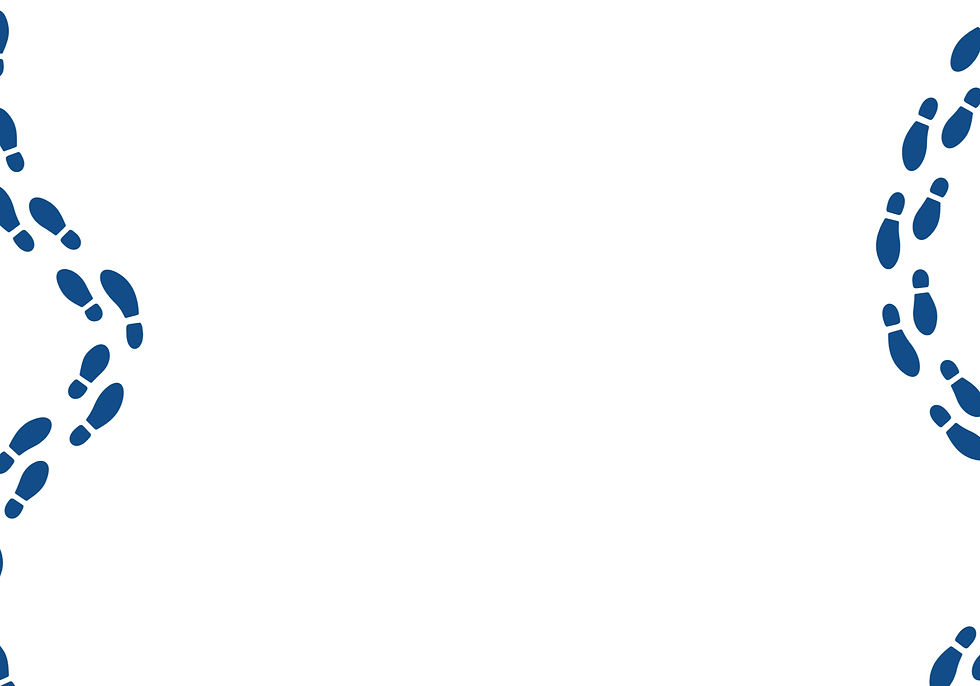
Life has its ups and downs. Most of the time, we find our footing with the help of people and routines that steady us. But sometimes, the hard moments linger. Anxiety, depression, or obsessive thoughts can start to take hold in ways that are difficult to manage alone. Sometimes we tell ourselves things will get better if we just wait. Maybe we try to push through, distract ourselves, or look for reassurance. We might wade through an onslaught of online advice, and attempt to think our way out of the pain. But anxiety, depression, and OCD don’t usually work that way. We can’t outthink a panic attack. We can’t reassure ourselves enough to quiet obsessive doubts. We can’t talk ourselves out of sadness or numbness. And trying to do so often leaves us feeling even more stuck.
Counselling offers a space to slow down and approach these struggles differently — with curiosity, compassion, and support. Together, we can explore what’s keeping you stuck and begin to discover new ways of relating to your thoughts, emotions, and behaviours. If you’re feeling weighed down by depression,
if anxiety is keeping you from living fully,
or if you find yourself caught in cycles of rumination or checking that never seem to help — you don’t have to face this alone. Counselling can help you find clarity, relief, and a way forward.
It can be hard to reach out for help, especially when it feels like you should be able to figure it out yourself. But you don’t have to have all the answers. Sometimes what makes the biggest difference is simply having a non-judgmental space — and someone beside you — to help you see things more clearly and imagine what healing could look like. In therapy, we’ll make sense of what’s been happening, uncover new perspectives, and build practical skills to help you meet your challenges with confidence and kindness. My role is to bring knowledge, tools, and perspective to the process — but you’re the expert on your own life. Together, we’ll find what truly helps you move toward a life that feels more open, meaningful, and aligned with who you are.
Approaches
Cognitive
Behavioural Therapy
(CBT)

CBT helps you notice the patterns between your thoughts, emotions, and actions. Together, we identify unhelpful thinking loops and behaviours, and learn tools to create more balance, flexibility, and calm in your day-to-day life.
Narrative Therapy
_edited_edited_edited_pn.png)
Narrative therapy invites us
to look at the stories we tell about ourselves and the meanings we've attached to our experiences. By exploring these stories, we can uncover hidden strengths, challenge limiting beliefs, and create new narratives that reflect your resilience and values.
Exposure &
Response Prevention
(ERP)

For those experiencing Obsessive-Compulsive Disorder (OCD), ERP offers a structured, compassionate way to face fears and reduce compulsions. It helps you learn that anxiety and uncertainty can rise and fall naturally, without having to engage in rituals or reassurance.
Dialectical
Behaviour Therapy
(DBT)

DBT provides practical skills for managing emotions, tolerating distress, and communicating more effectively. These tools can help when emotions feel intense or relationships feel difficult, supporting balance and self-understanding.
Acceptance &
Commitment Therapy (ACT)
ACT encourages us to make space for difficult emotions rather than fighting them. Through mindfulness and values-based living, we focus on what truly matters to you, helping you move toward meaning and purpose, even when life feels hard.


What to Expect
You can expect a warm, invitational experience where you are received without judgment. With empathic curiosity, we’ll explore the nature of your problem and look for solutions that align with your values and goals. Counselling aims to be focused and productive, but always within the context of your experience. You may come to counselling with goals in mind, or come hoping to clarify those goals. You may be seeking counselling because, more than anything, you need a witness to your story; someone to hold space for you while you deal with pain, loss, or existential crises. Using the framework of “the next best question,” we’ll stay curious together, and explore both the immediate dilemma and the broader story of who you are. This kind of exploration can be invigorating, clarifying, and even thrilling. But it can also offer the quiet, powerful experience of being deeply understood, and gently held in your experience.